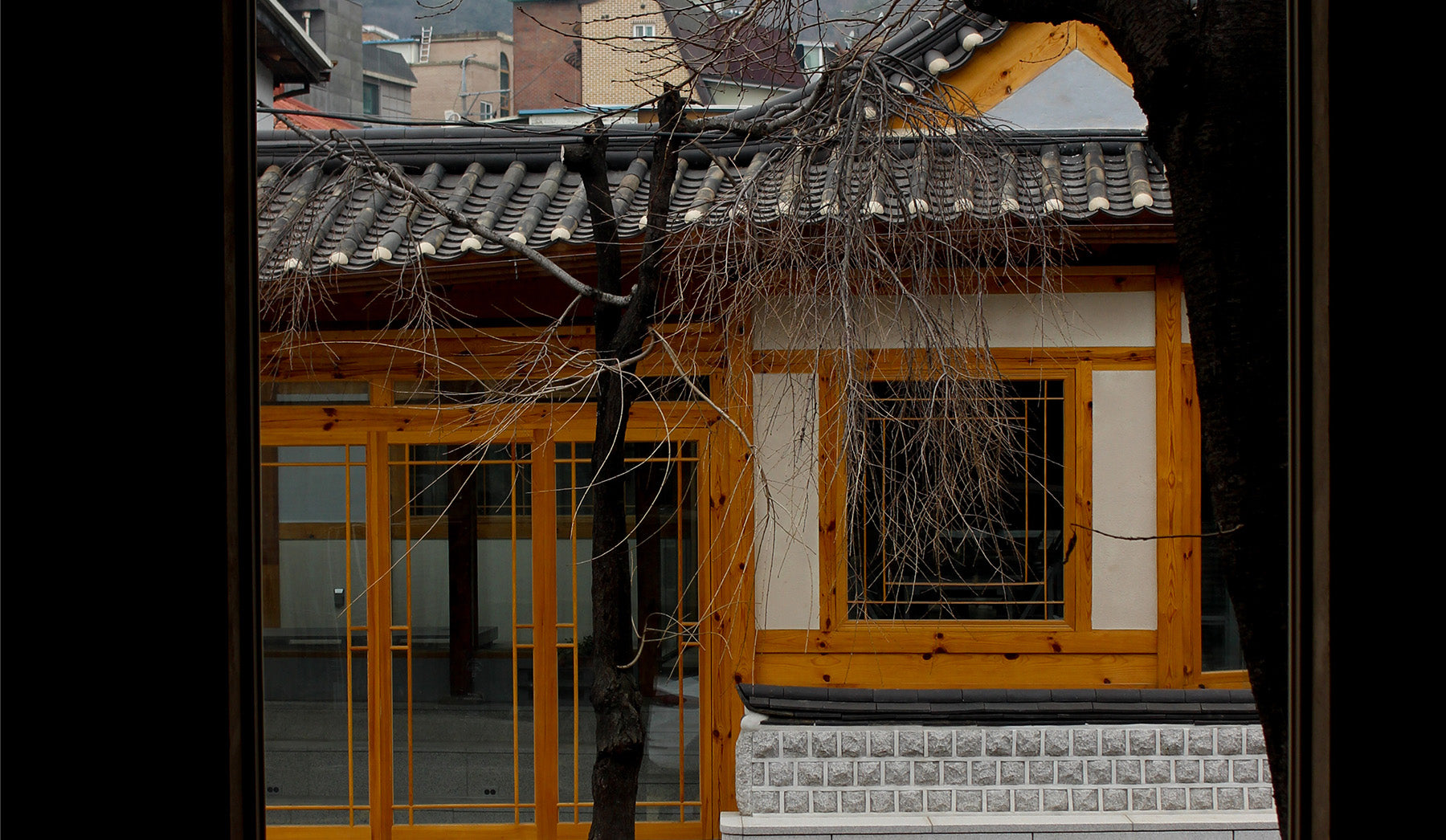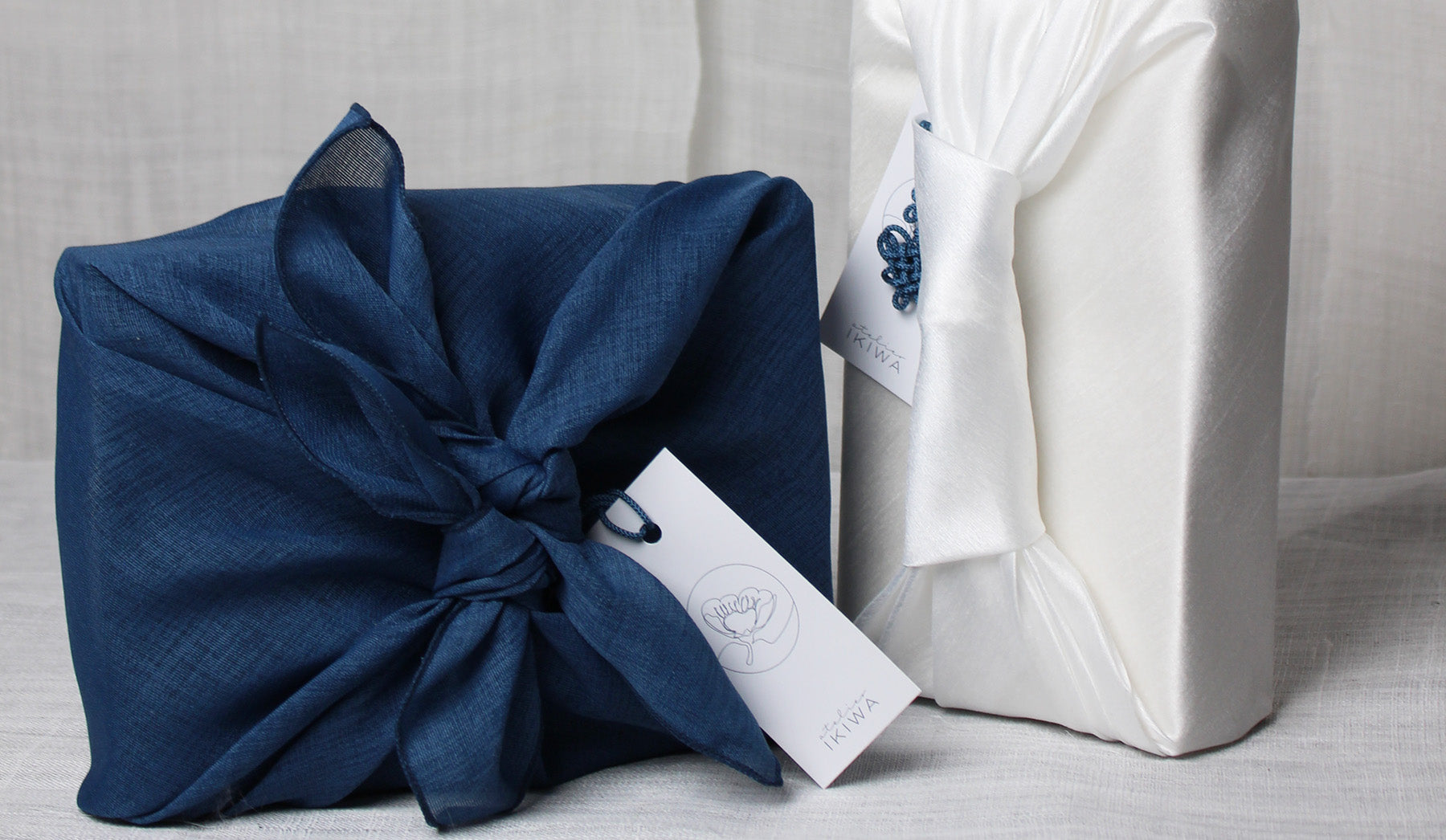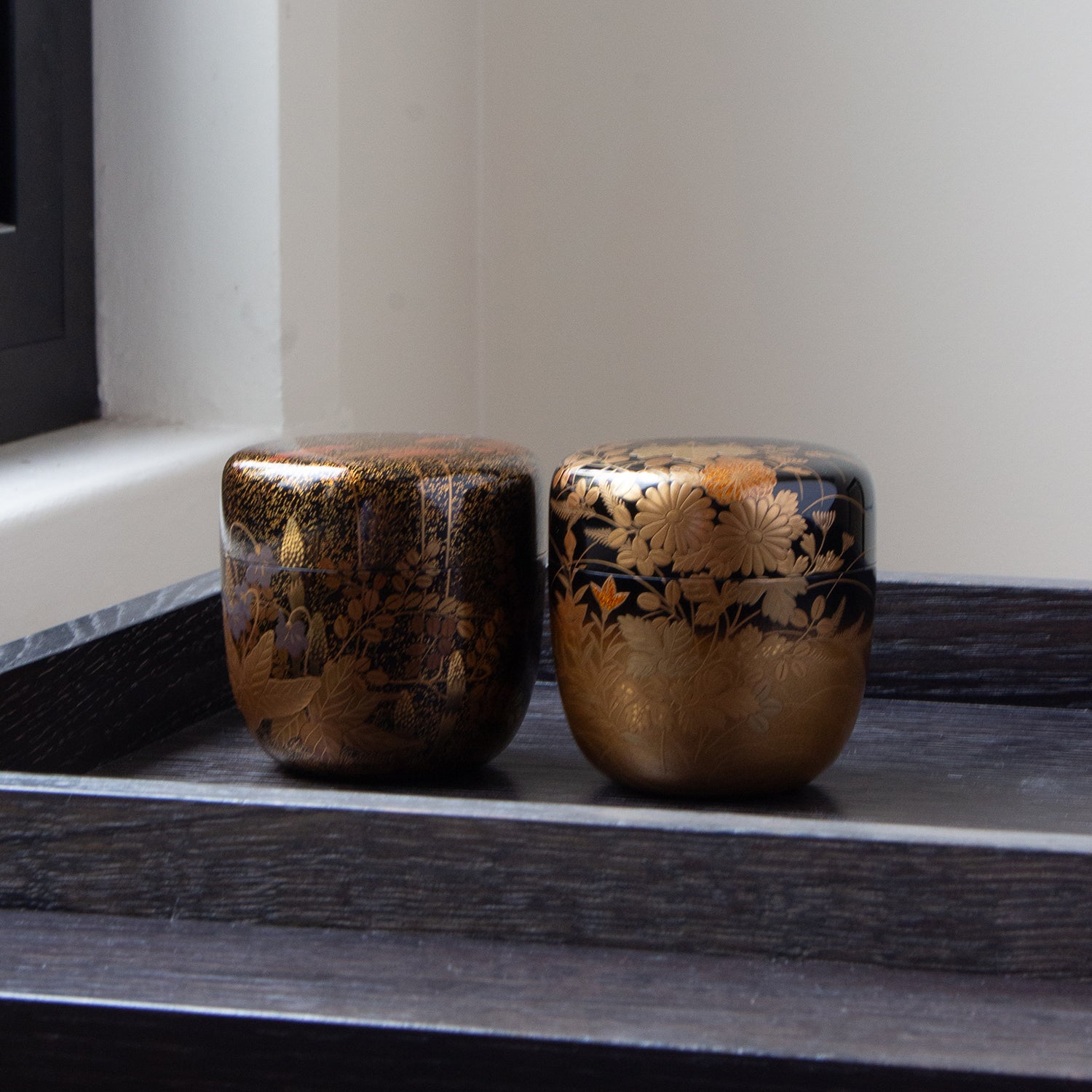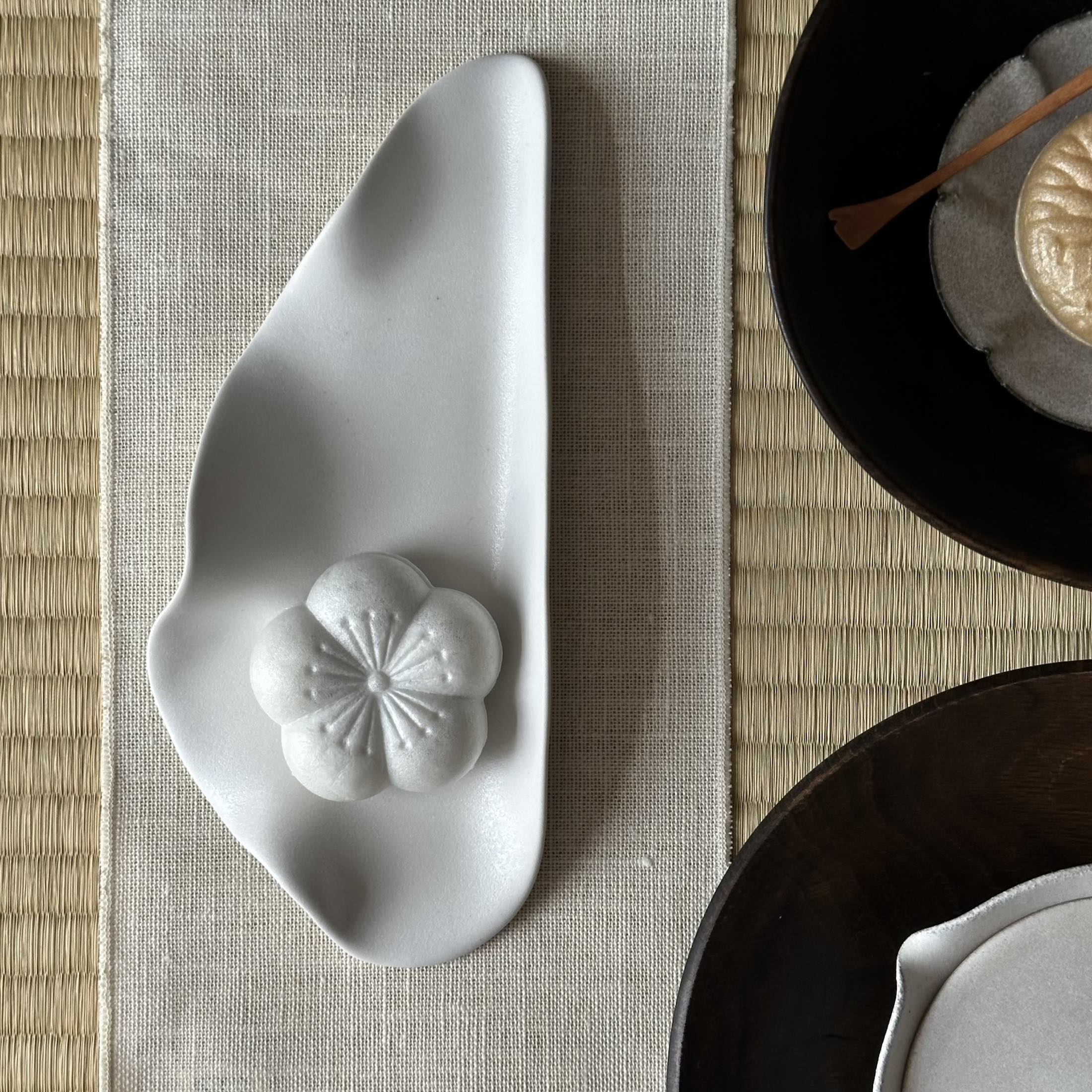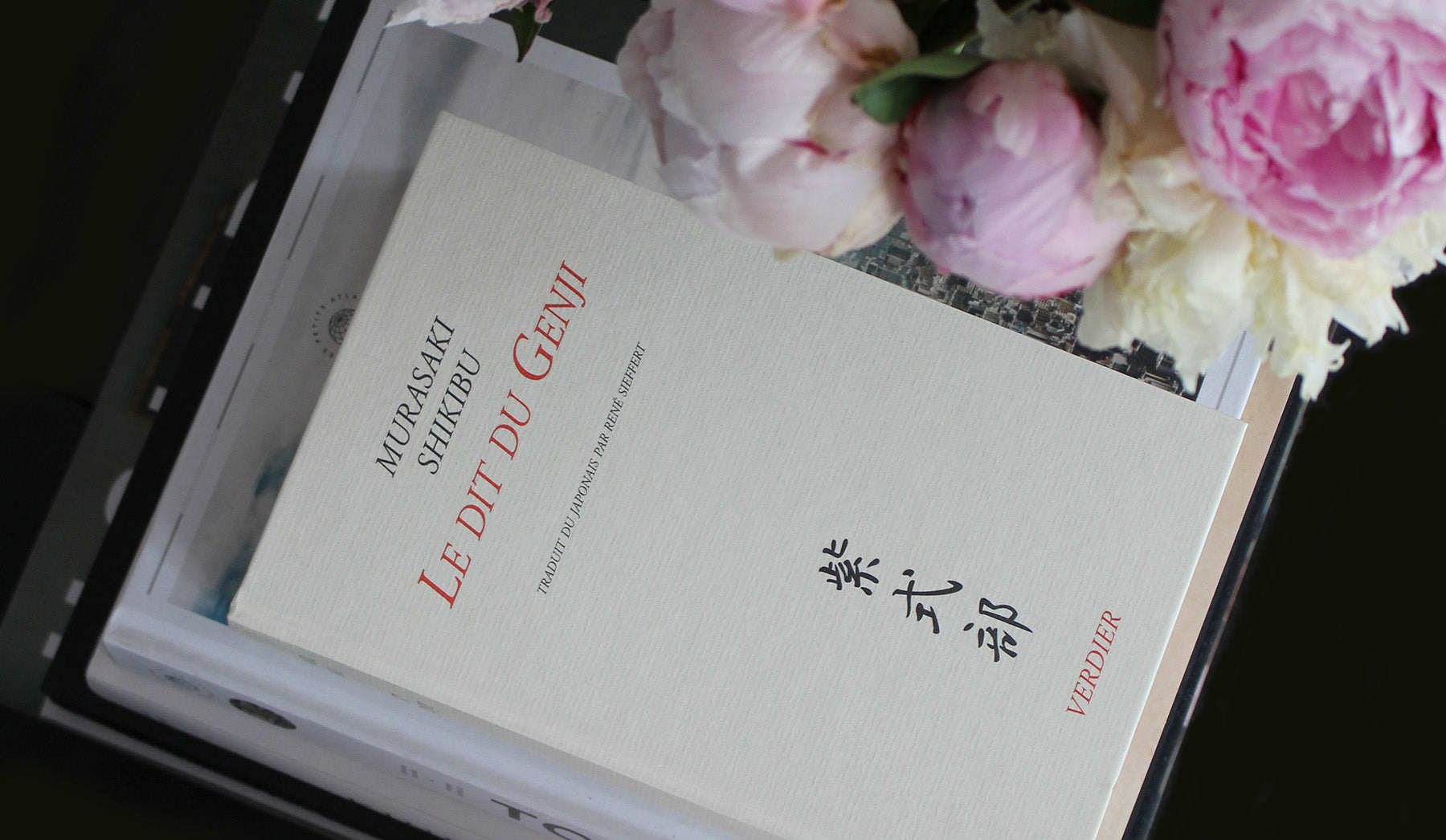
MONO NO AWARE, THE NOSTALGIC EMOTION OF OBJECTS
Have you ever been moved by the spectacle of ephemeral nature (the petals of cherry blossom slowly falling, for example) or by the nostalgic contemplation of an object that brings back precious memories? Then you're familiar with the Japanese concept of mono no aware, the feeling born of harmony between the mind and the form of things, a concept that's little known when we think of Japan, but so appropriate when we think of the objects we surround ourselves with.
MONO NO AWARE, THE NOSTALGIA OF IMPERMANENCE
In the magnificent and terrible animated movie 'Grave of the Fireflies', the impermanence and nostalgia of things takes on its full force when Seita opens the box in which he had kept dozens of fireflies, which fly away in the half-light under the amazed eye of Setsuko, his little sister. By morning they will have disappeared. This is exactly the concept of aware, a melancholy emotion in the face of an event, a nostalgia for impermanence, a sensitivity for the ephemeral.
When we add mono, meaning things, objects, to this concept of aware, we are reminded of the emotion that objects carry within them, like Proust's madeleines, objects that link us to moments, people and places, that anchor in the present while projecting into the past. There's the idea of the impermanence of beauty, of things fading, spoiling and deteriorating, which doesn't make them any less beautiful, but just gives a sense of nostalgia.
Mono no aware means being troubled by the imperfect beauty of the things and objects we surround ourselves with, a tender, melancholy feeling.
This concept emerged in Japan in the middle of the Heian era (794-1185), which made the quest for beauty an art of living, and this quest seems to have crystallised in mono no aware. To discover all its facets, you need to immerse yourself in 'The Tale of Genji', the masterly work of Murasaki Shikibu, written in the 11th century by a woman of the court, and the first novel in the world. Since the Heian era, this book has been the Japanese benchmark for all criteria of beauty. Fascinating!
NATSUME, MY MONO NO AWARE OBJECT
Which objects remind you of mono no aware?

One of these objects for me is this natsume. Natsume are small urushi lacquer boxes used to hold powdered matcha tea during the traditional Japanese tea ceremony. I remember perfectly the place where I found it, an antiques market in Kyōto, the moment (about fifteen years ago), the discussion - complicated - with the shopkeeper to understand what this object I was becoming aware of for the first time was. It's a bit old, and I like the butterflies in a slightly Art Deco style, painted with gold powder (maki-e) that has kept its shine over the years, indicating the quality of the object. It is a little damaged, with a few scratches on the lacquer, which has retained a dazzling depth.
I didn't know it at the time, but this object was to become the first of a passion and a collection, precisely for natsume. It's not the oldest, most spectacular or most expensive item in my collection, but it's the most loved, and the one that's perfectly in tune with the concept of mono no aware. If you want to find out more about natsume, you can find it here, a small selection of very high quality pieces.


